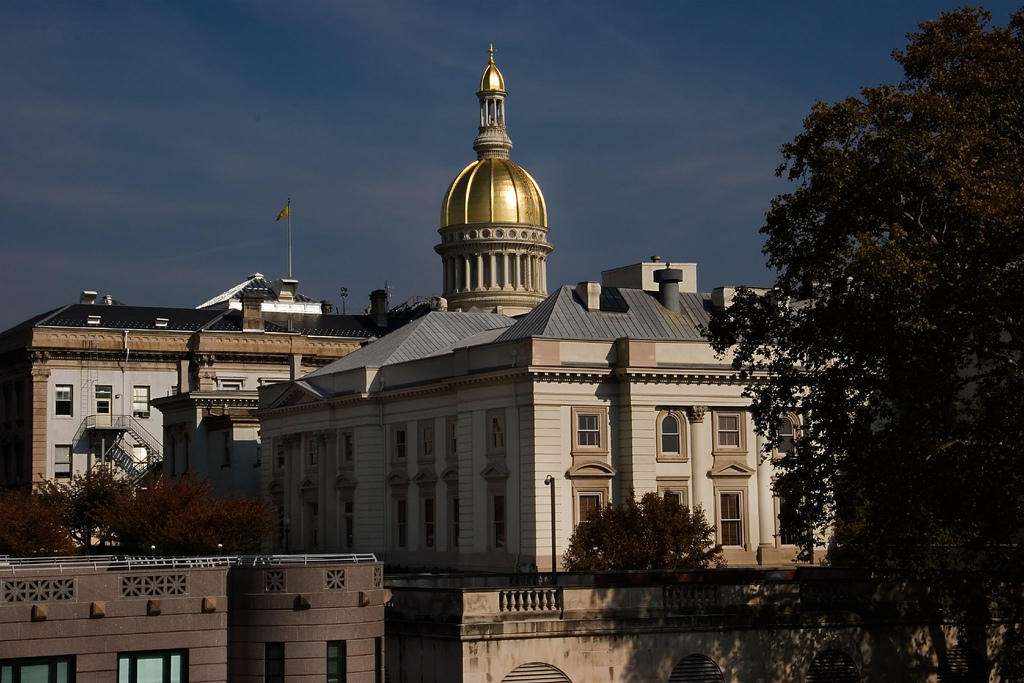
Legislature and Murphy Administration Must Pick Up the Pace in 2020
After giving the 2018-2019 New Jersey State Legislature a failing grade through October 2019, Clean Water Action is pleased that some environmental progress was made in the final two months of the two year term that ended at noon today. Accelerating progress early in the new legislative term is essential to ensuring greater environmental and public health protections for all.
“Rushing numerous legislative priorities through the tight lame duck calendar might fall under the adage ‘better late than never,’ but not everything got over the finish line. It is imperative that the new legislature and Murphy Administration act swiftly to jump-start environmental bills and key appointments poised for passage and take steps to improve the legislative process,” said Eric Benson, Clean Water Action’s NJ Campaign Director.
Yesterday, the electric vehicle bill (S2252/A4819), passed both houses and awaits the governor’s signature. Its enactment is key to electrifying New Jersey’s transportation system -- 40% of the state’s carbon footprint,. “This a great victory for mitigating climate change, improving public health and greening our economy,” Benson stated.
Other positive developments yesterday included Governor Murphy signing legislation to more accurately measure the near-term impact of global warming gasses (S3215/A4606), and the passage in both houses of bills to lift artificial caps on New Jersey’s solar program (S4275/A6088) and to restrict hydro-fluorocarbons (S3919/A5583). Governor Murphy also signed legislation last Thursday to make it easier to replace lead service lines (S4110/A5854).
Unfortunately, many other environmental priorities did not make it across the legislative finish line. The widely popular ban on single-use plastic bags (S2776/A4330) was a casualty of the slapdash lame duck process. Meanwhile, despite active support from concerned neighbors and advocates, the rail car safety bill (S1883/A3783) fell one floor vote shy from passage yesterday. The bid to protect Liberty State Park from a billionaire golf course developer (S3357/A4903) also fell short in the Assembly. None of the bills to inventory the state’s lead service lines or to disclose the presence of lead plumbing passed. In addition, the Senate failed to confirm gubernatorial appointments critical to protecting the Highlands and Pinelands.
Finally, some key environmental bills were not considered during lame duck including: the Green Amendment (SCR134, ACR85) which provides constitutional safeguards, the cumulative impacts bill (S1700/A5094) which increases protections in environmental justice communities, and other measures to establish more progressive funding streams to help expand core, underfunded environmental programs. These bills should make clear progress before the spring break.
The new legislature can’t wait another year and a half to tackle these problems. “The world is burning and people are dying; it is critical that we act with urgency, especially when public health is at stake,” concluded Amy Goldsmith, Clean Water Action’s State Director. “New Jersey families demand action NOW, in January and February, to move to a clean energy future and to address the lead-in-water crisis.”
NJ Legislative Scorecard can be viewed here.
###
Since our founding during the campaign to pass the landmark Clean Water Act in 1972, Clean Water Action has worked to win strong health and environmental protections by bringing issue expertise, solution-oriented thinking and people power to the table. We will protect clean water in the face of attacks from a polluter friendly Administration and Congress. Clean Water Action has nearly 1 million members nationwide. www.cleanwater.org/nj